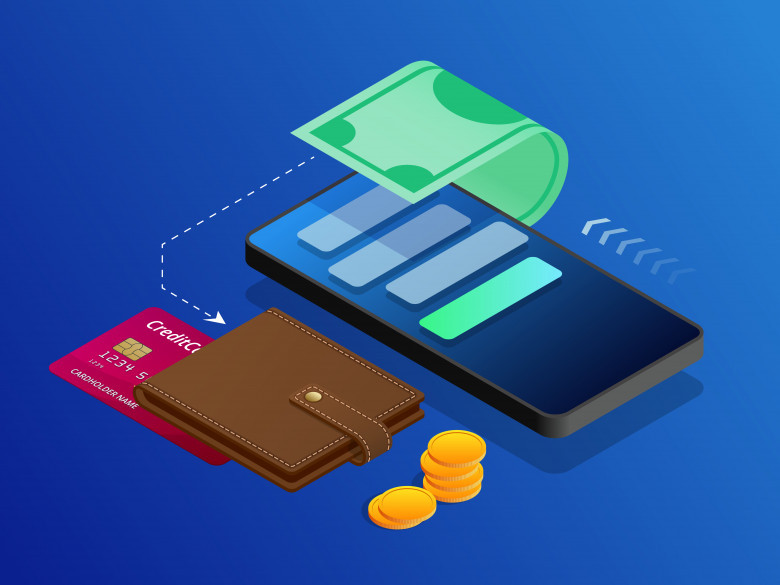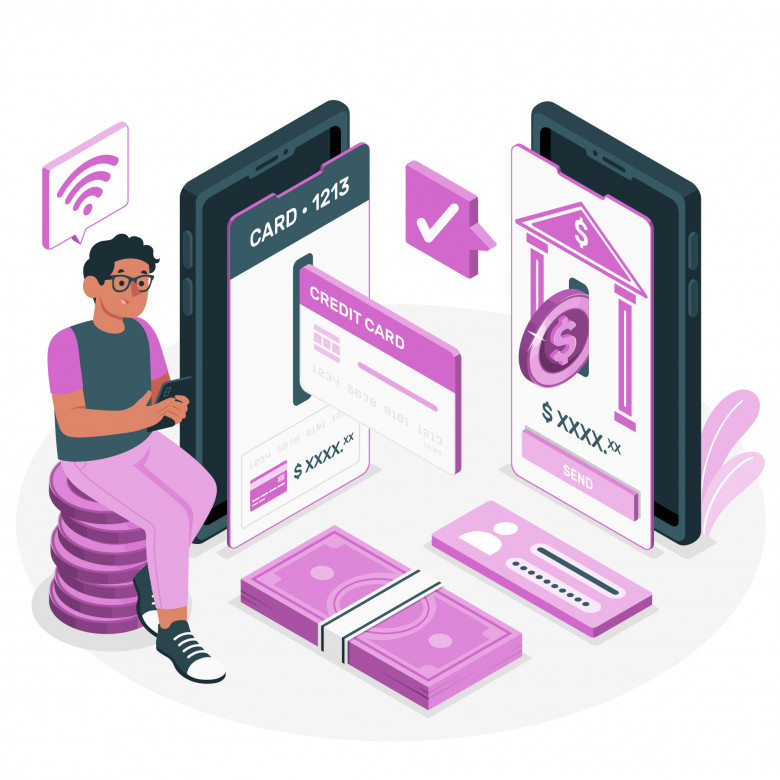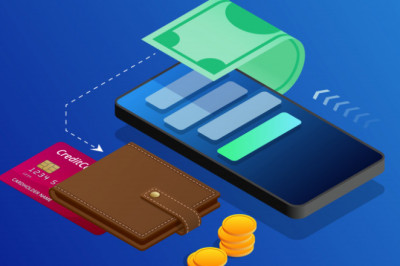Disclosure: This page contains affiliate links, meaning, at no additional cost to you, we may earn a commission if you click through and make a purchase.
In today’s digital age, online transactions have become a regular part of our lives, making shopping, banking, and even sending money to friends and family more convenient than ever. However, with this convenience comes the need to ensure that our financial information remains secure. Here are some top tips to help you conduct safe and secure online transactions.

Use Strong, Unique Passwords
One of the simplest yet most effective ways to protect your online accounts is by using strong, unique passwords. Avoid using easily guessed passwords like "123456" or "password." Instead, create complex passwords that include a mix of uppercase and lowercase letters, numbers, and symbols. Each of your online accounts should have a different password to prevent hackers from accessing multiple accounts if one is compromised.
Enable Two-Factor Authentication (2FA)
Two-factor authentication adds an extra layer of security to your online accounts by requiring a second form of verification in addition to your password. This could be a code sent to your phone or email, or a fingerprint scan. Enabling 2FA can significantly reduce the risk of unauthorized access to your accounts.
Beware of Phishing Scams
Phishing scams are fraudulent attempts to obtain sensitive information by disguising as trustworthy entities in electronic communication. Be wary of emails or messages that ask for personal information or direct you to suspicious websites. Always verify the sender's email address and be cautious of any unexpected requests for information. When in doubt, contact the company or individual directly using verified contact details.
Ensure Websites Are Secure
Before entering any sensitive information online, make sure the website is secure. Look for a padlock symbol in the browser's address bar and ensure the URL begins with "https://" rather than just "http://." The "s" stands for secure and indicates that the website uses encryption to protect your data.
Keep Software and Devices Updated
Keeping your software, operating systems, and devices up to date is crucial for protecting against security vulnerabilities. Regular updates often include patches for security holes that hackers might exploit. Set your devices to update automatically whenever possible to ensure you're always protected with the latest security measures.
Use Secure Networks
When conducting online transactions, avoid using public Wi-Fi networks, as they can be vulnerable to hackers. Instead, use a secure, private network or a Virtual Private Network (VPN) to encrypt your internet connection. This ensures that your data is protected from unauthorized access.

Monitor Your Accounts Regularly
Regularly monitoring your financial accounts is an important step in detecting any unauthorized transactions or suspicious activity. Set up alerts for any transactions made over a certain amount and review your statements regularly. If you notice any unfamiliar charges, report them immediately to your financial institution.
Be Cautious with Public Computers
Avoid using public computers for online transactions, as they may be compromised with malware that can record your keystrokes or steal your login information. If you must use a public computer, always log out of accounts and clear the browser history before leaving.
Consider Using Digital Wallets
Digital wallets can offer an extra layer of security by storing your payment information in a secure, encrypted format. When making online purchases, digital wallets can reduce the risk of exposing your credit card information to potential threats.
Educate Yourself About Cybersecurity
Finally, staying informed about the latest cybersecurity threats and best practices is essential for maintaining online security. Familiarize yourself with common scams and techniques used by cybercriminals and stay updated on new security features and technologies.
By following these tips, you can significantly reduce the risks associated with online transactions and enjoy a safer, more secure digital experience. Taking proactive steps to protect your personal and financial information is essential in today’s interconnected world. Stay vigilant and make cybersecurity a priority every time you go online.












